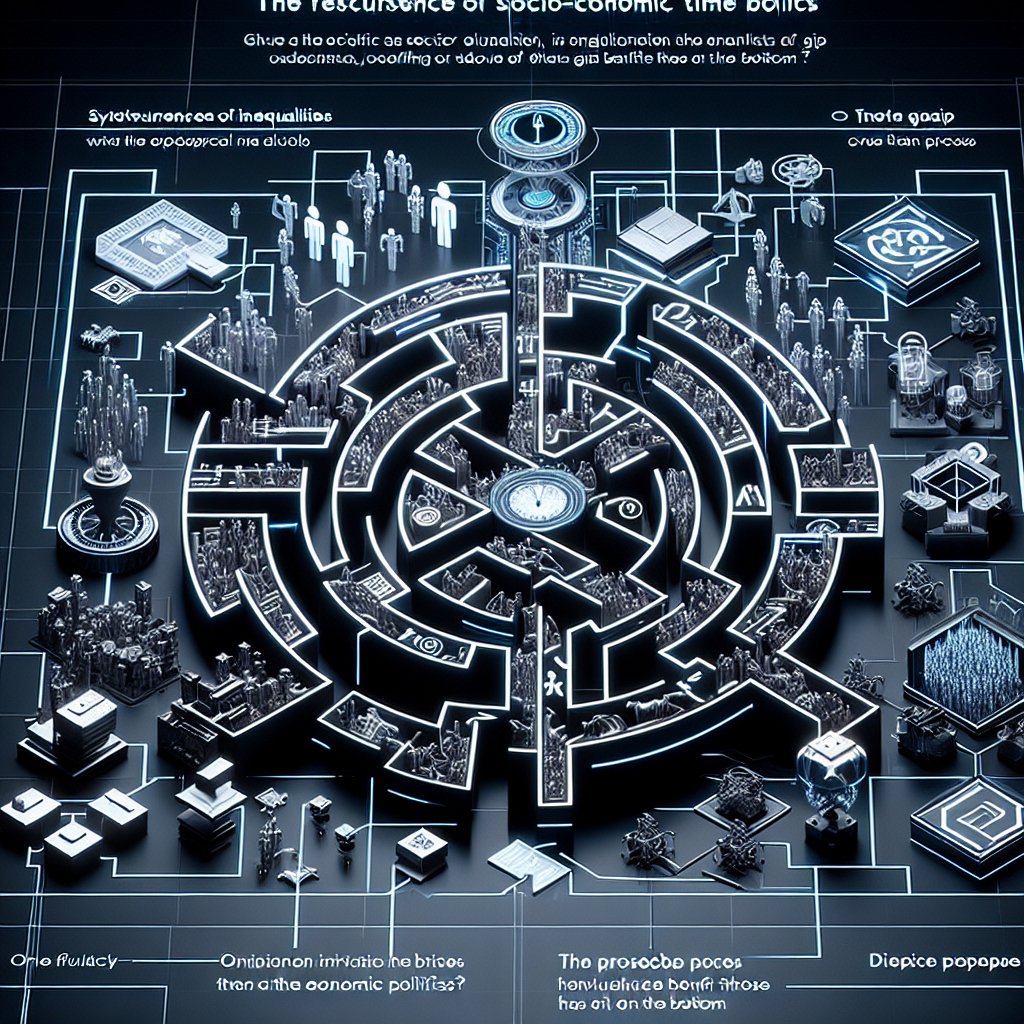Image created by AI
Identity Politics and Economic Challenges: South Africa's Tangled Web
In South Africa, the interplay of identity politics and economic disparity has created a complex maze that seems increasingly challenging to navigate. As the country grapples with the aftereffects of a pandemic and systemic inequalities, the resurgence of identity politics casts a long shadow over the prospect of genuine progress.
Historically, societal threats have shifted from natural dangers to human-inflicted oppression. And as human survival became less precarious, the dialogue transitioned to the socio-economic battlefield, chanting "inequality" as a rallying cry in political arenas. Societal grievances that should constructively inform politics have been overshadowed by an exploitation of these divisions for political gain.
The legacy of prominent neo-Marxist intellectuals who, seeing the failure of the proletariat uprising predicted by Marx, turned their attention to academic and media institutions forms part of this narrative. This shift in strategy laid the groundwork for a worldview that saw economic disparities not as market dynamics but as manifestations of systemic oppression.
The critique often launched against capitalism fails to acknowledge the commercial realities and the innate human propensity for resource management. The merits of capitalism, notwithstanding its imperfections, have seen poverty alleviation on a scale unprecedented in human history, particularly noticeable in Asia. The stark contrast in poverty trends between Asia and Africa underscores the effectiveness of capitalist mechanisms when coupled with astute investment and value addition to exports.
South Africa's experience with inequality and identity politics presents a cautionary tale. Instead of harnessing the full potential of capitalism to lift the masses out of poverty, inequality has become a buzzword to perpetuate patronage politics that buoy the elite at the expense of the majority. Policies designed ostensibly to redistribute wealth and localise economic benefits have, paradoxically, entrenched poverty and unemployment, especially among the youth and "born free" black South Africans.
Strikingly, with nearly 60% of the 15 to 24-year-old demographic unemployed, the country faces a ticking time bomb of social unrest and economic stagnation. Yet, despite the gravity of this situation, there are no concrete plans to change the dire prospects for South Africa’s youth—an oversight that might account for the growing apathy among potential young voters.
The echo of John Rawls’ question about the appropriateness of inequality, even if it benefits those at the bottom, rings hollow against three decades of identity politics that have done little to rectify disparities or address the urgent matter of youth unemployment.
With the legitimacy of South Africa’s elections coming under scrutiny and many citizens harboring justified grievances, the country stands at a crossroads. The pursuit of genuine solutions that move beyond identity politics to address the systemic failures contributing to inequality and economic stagnation is no longer just an option; it has become a necessity.
#GOOGLE_AD










